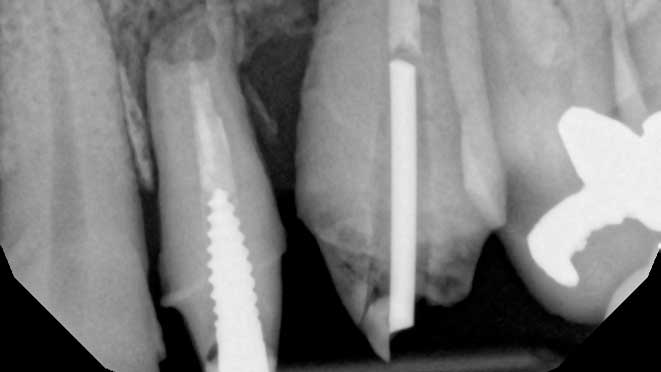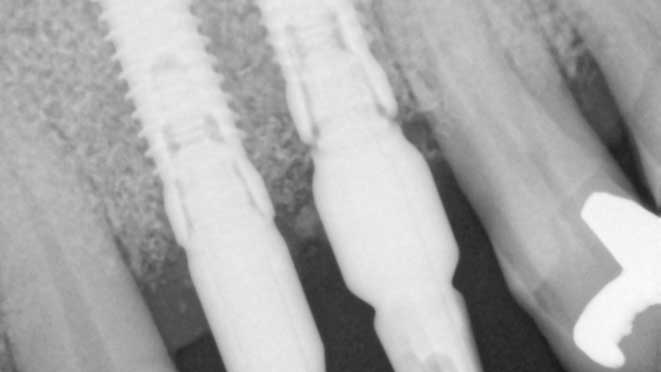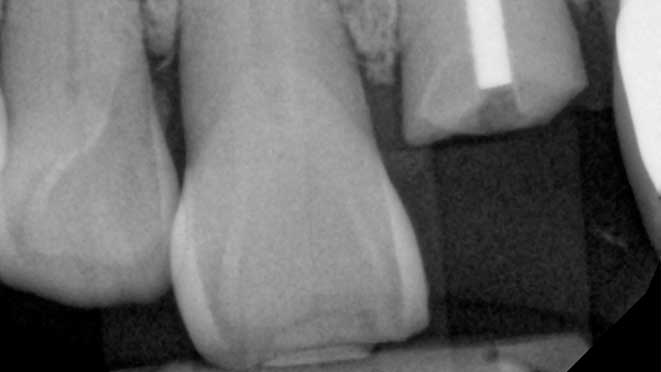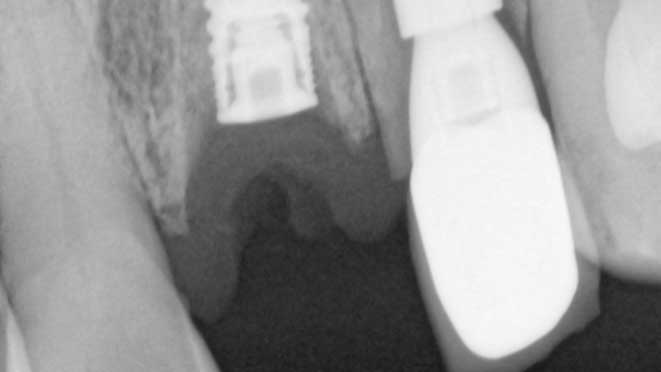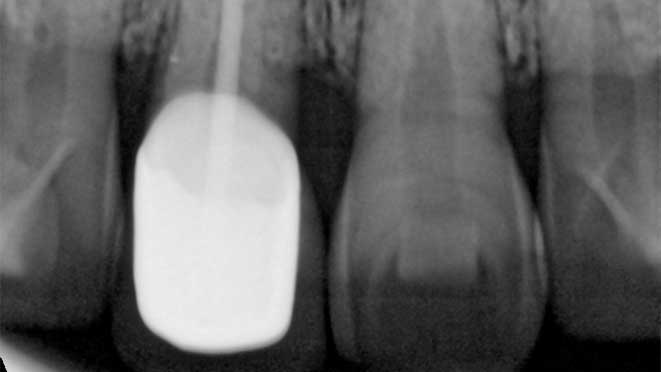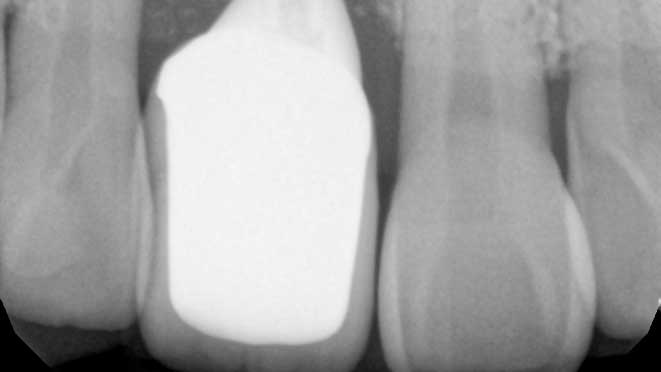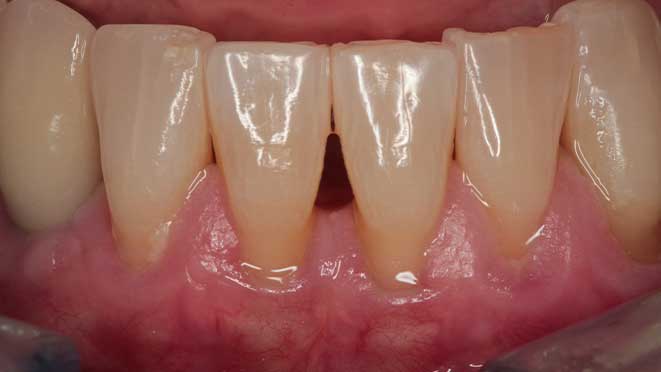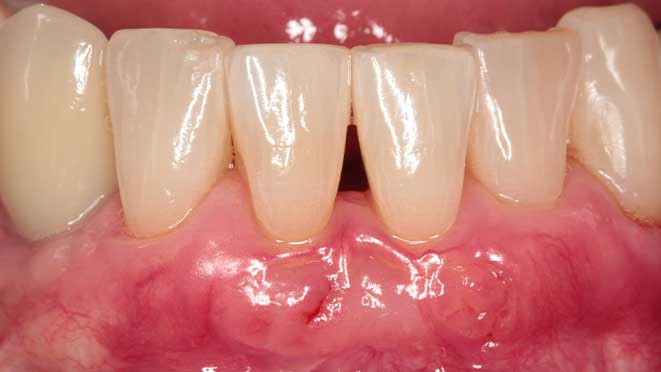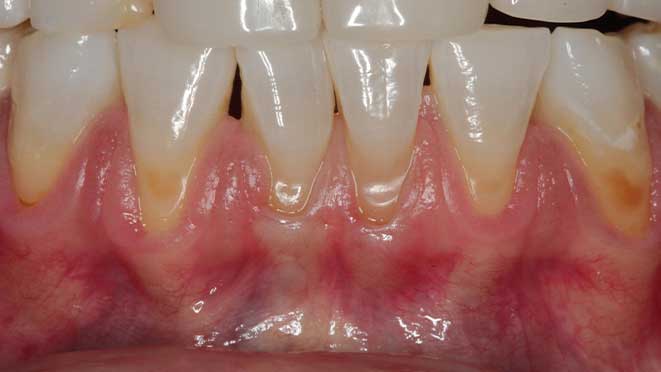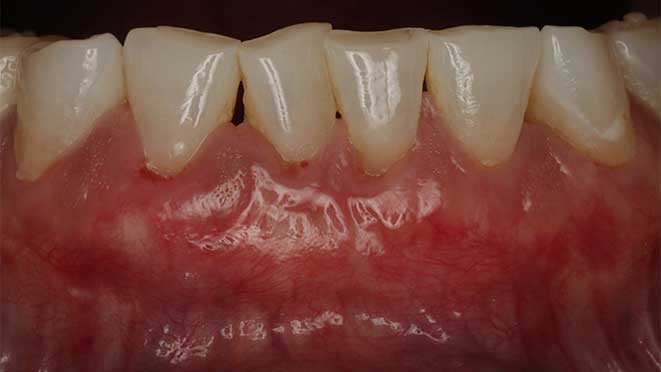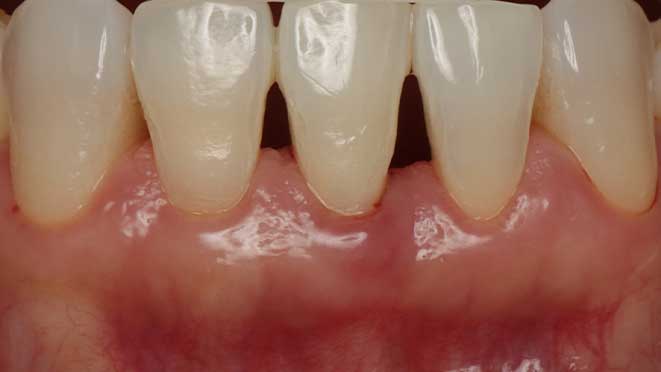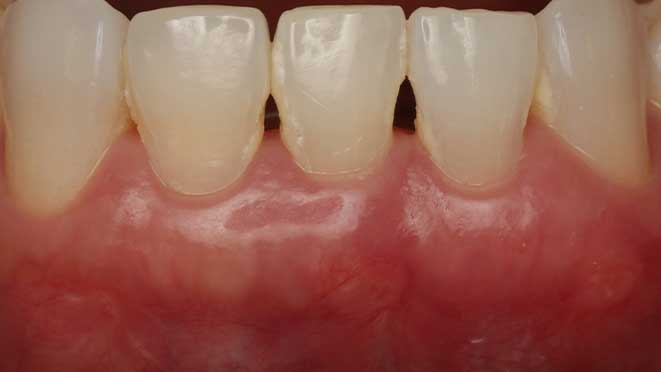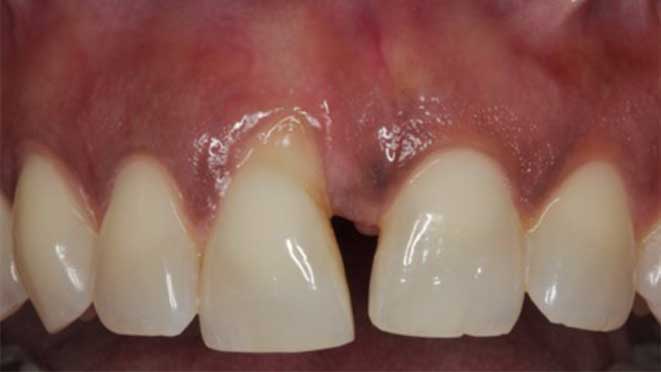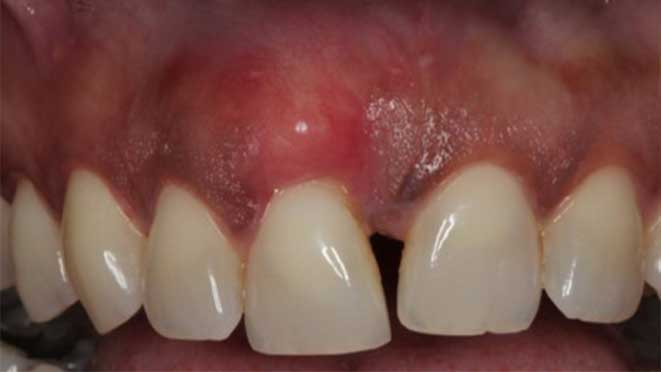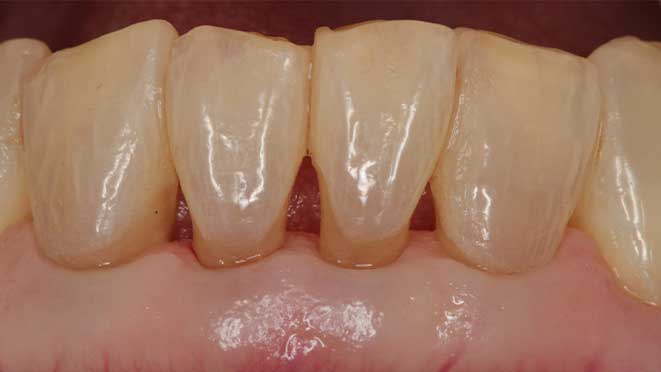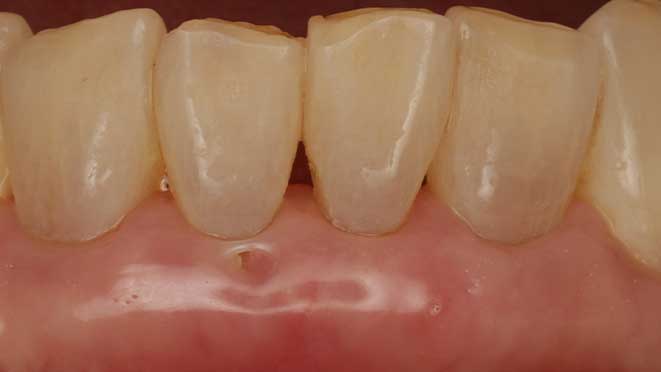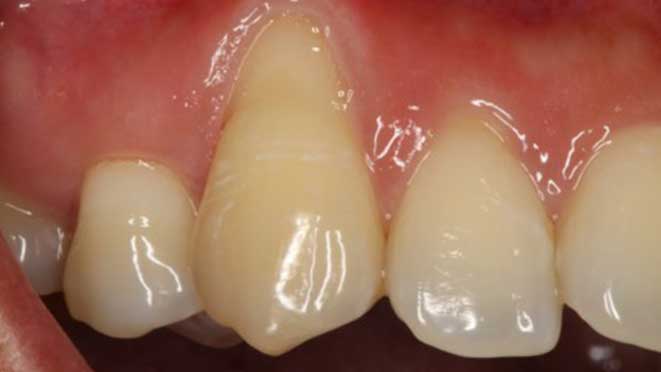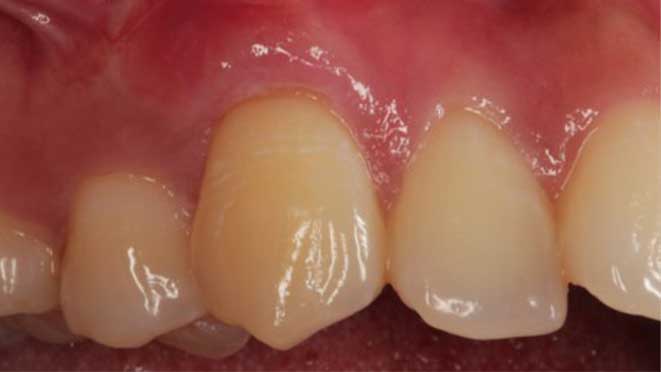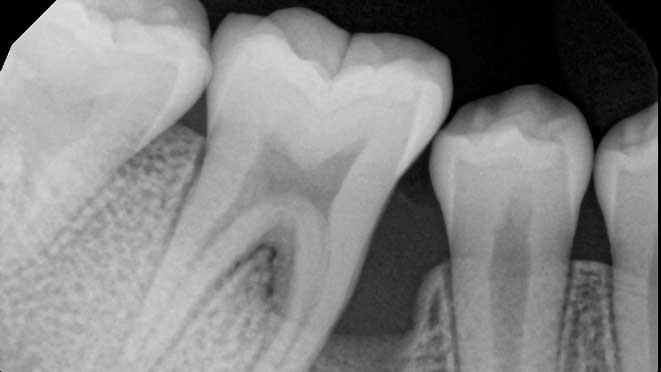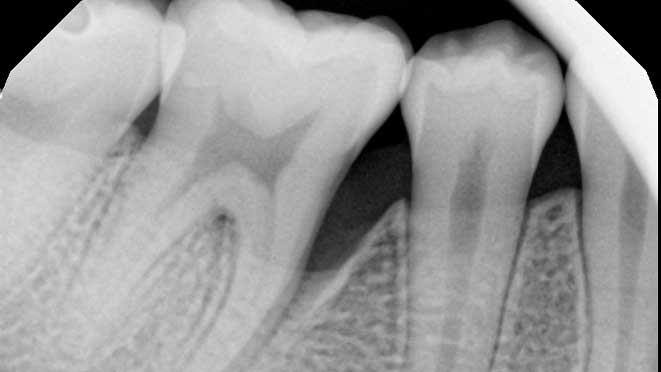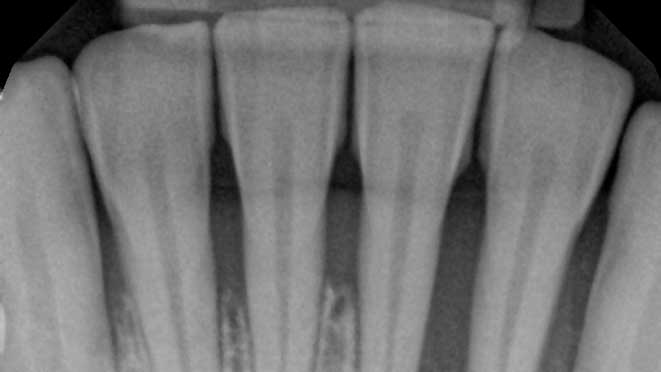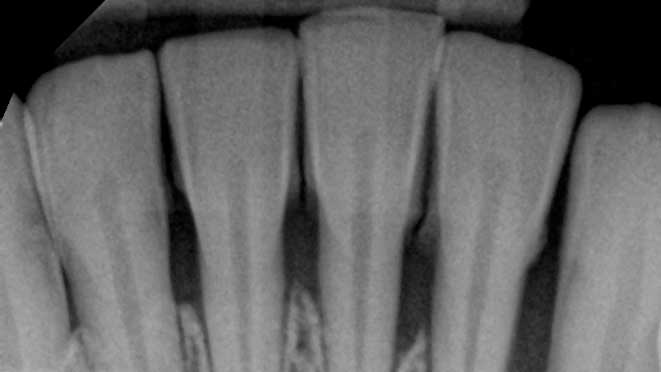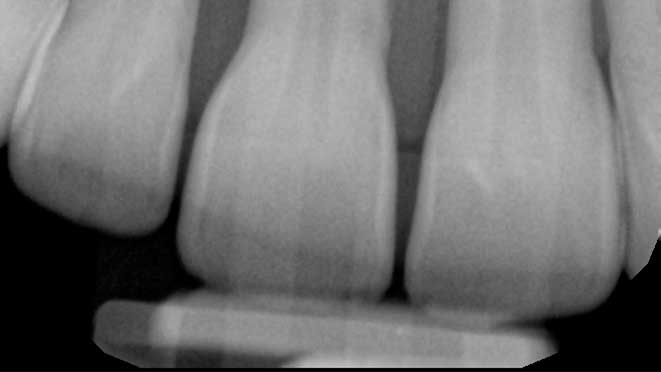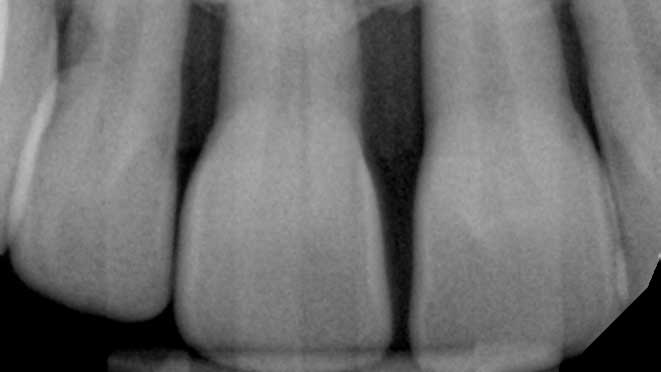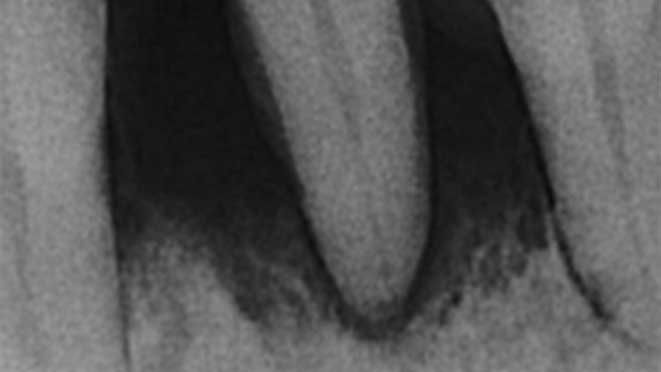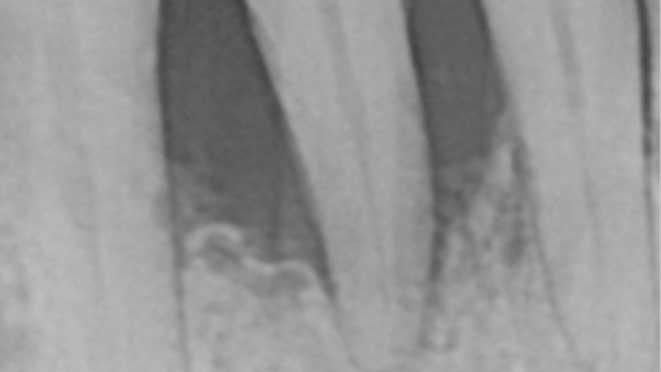
How to Prevent and Treat Gum Disease
Tips for Good Oral Health
Good oral hygiene is essential not only for maintaining fresh breath and a bright smile but also for preventing serious health problems like gum disease. According to research, over 47% of adults in the United States have some form of gum disease, making it one of the most prevalent dental issues. In this blog post, we will delve into the causes, stages, and various treatment options for gum disease. Additionally, we will provide some effective tips for preventing gum disease so that you can prioritize your oral health and reduce the risk of complications.
Causes and Stages of Gum Disease
Gum disease typically begins with plaque buildup on the teeth and gums, leading to bacterial growth and inflammation. If left untreated, the condition may progress through two more stages: gingivitis and periodontitis. Gingivitis is a mild form of gum disease, marked by inflammation of the gum tissue and bleeding while brushing or flossing. Proper care, including brushing twice a day, flossing daily, and regular dental check-ups, can reverse gingivitis. Periodontitis, however, is a severe form of gum disease that can result in irreversible damage to the gums and bones supporting the teeth. Symptoms of periodontitis include receding gums, bad breath, and loose teeth. In some cases, advanced periodontitis may require tooth extraction.

